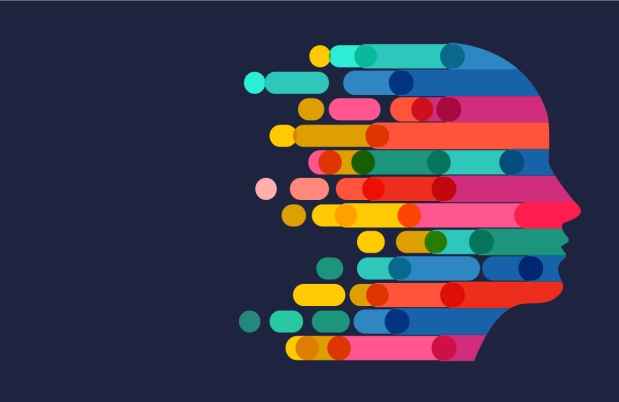Behavioral Health Care Crisis Care – The Role of 988 and Suicide Crisis Centers
Available with English captions and subtitles in Spanish.
Presented by Madelyn Gould, PhD, MPH, Columbia University
A robust and integrated behavioral health crisis response system does not currently exist in the United States. However, many experts and organizations are working to make it happen.
In this lecture, Gould reviews models of integrated crisis care systems and reviews the empirical evidence of the effectiveness of U.S. crisis lines that emerged after a 2001 national strategy.
Watch now to learn more about:
- The work being done to create an integrated crisis care system in the U.S.
- How the National Suicide Hotline Designation Act of 2020 will change crisis response
- The effectiveness of U.S. crisis lines in preventing suicide
Gould explains how an integrated health crisis response system in the U.S. would aim to divert individuals in mental health crises away from jails and emergency departments, reduce unnecessary psychiatric hospitalizations, and reduce law enforcement involvement in mental health crises.
Gould outlines The National Suicide Hotline Designation Act of 2020, which designates 988 as the national number for suicide prevention and mental health crisis response. On July 16, 2022, 988 will be activated nationally as the three-digit dialing code for the National Suicide Prevention Lifeline, which up until that date can be reached by calling 1.800.273.TALK (8255).
This change has propelled crisis centers into the epicenter of plans for an improved mental health and suicide crisis response system in the U.S.



